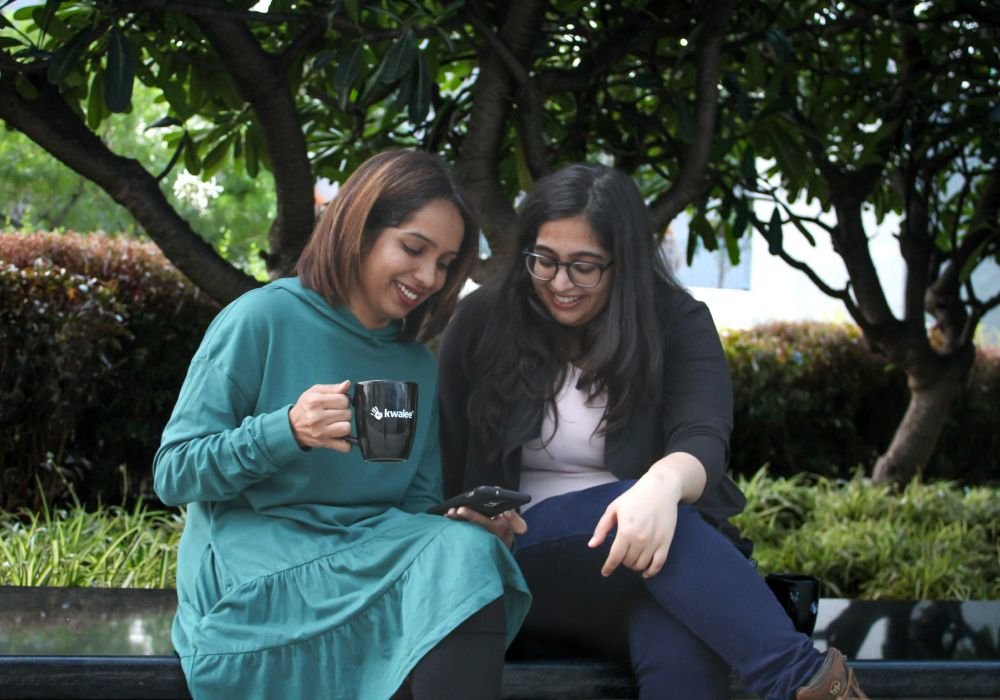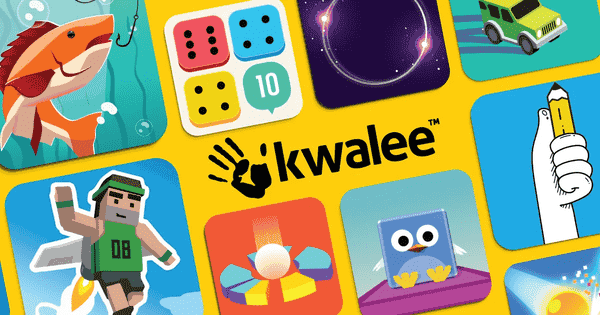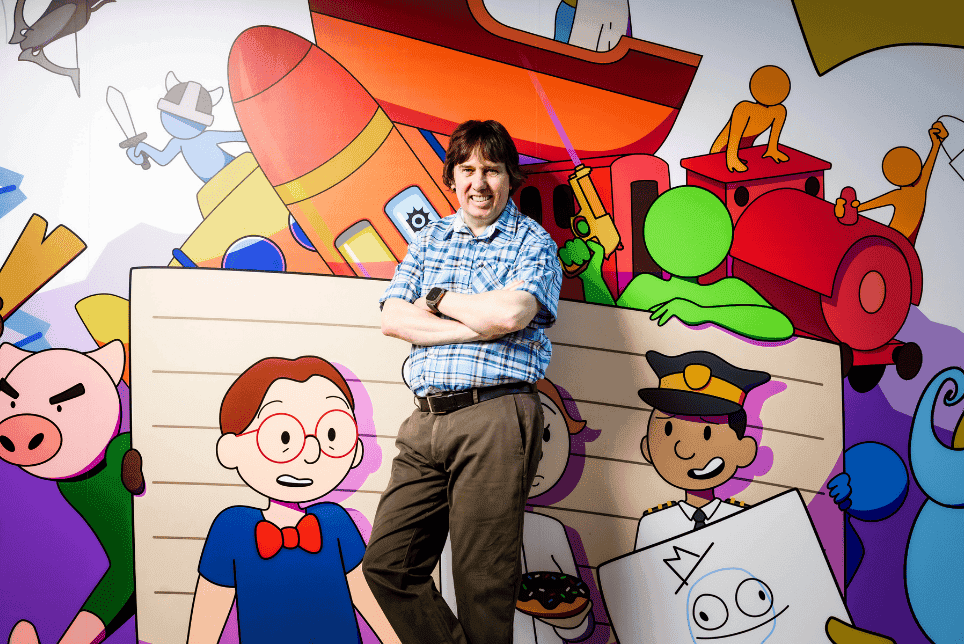What’s it like to be one of the heroes in the video game industry? To sum it up in a couple of words: Fun, exciting, difficult, and most of all, purposeful. Being a quality assurance tester is not an easy job. But many in the games industry don’t talk enough about them.
We sat with two of our senior team members from the QA department to talk us through what aspiring QA folks can look forward to.
What Can You Tell Us About Being A Quality Assurance Tester?
Ananyaa: We play games the whole day and get paid for it … just kidding! Being a QA in the games industry is both similar to and different from the sort of work you see other QA specialists do in any software development company. But by and large, we’re involved from the start of the project to understand the requirements of the game and how they are supposed to appear for gamers. In essence, we aim to always deliver high-quality games that meet the expectations that both our stakeholders and our players have.
Komal: It takes a more exploratory approach to test gameplay because we need to play ‘like a gamer’. To try to come up with different scenarios to ‘break the game’, so our players’ experience is not hampered. Saying that, we follow a specific set of processes for testing our games, so for the gamers who become QA with the sole expectation of ‘just playing the whole day’… this reality is very disappointing. We have to deal with numerous bugs and crashes.
Most People Who Aspire To Be Designers Or Programmers Join The Industry Through Qa Before They Move On To Their Dream Roles. Being Seniors Yourself, Why Did You Stay In Qa For The Long Term?
Komal: QA was always my first choice for a career. I never wanted to be a developer or go into another field. Most people treat it as a stepping stone, but to me, QA is a lot more than that. As a long term career, being in QA allows you to be involved in multiple aspects of any domain – production, game development, even marketing — so you get insights on every related role in video game development, turning you into a jack-of-all-trades.
Ananyaa: I wanted to be a part of something that was important to me because being involved in application testing wasn’t fulfilling to me. Gaming has always been my hobby and I was very interested in learning more about how it all gets made. And being in a QA position has brought me right in the middle of how things work in a games company. And I have been loving every (good and bad) moment of it. We’ve also had other people in our team stick around because they are either a gamer themselves and they realised the importance of the role in a company. Some feel it helps give them the opportunity to shape how a game should look and feel, so there’s some influence in game design. But mostly, you’re surrounded by people who love games (and gaming), so when we share the work we do, we forge a strong bond.
What Does The Average Day Of A Qa Tester Look Like?
Ananyaa: Nothing like a fresh brew of coffee/tea and some gaming news to start the day! Most of us brush through emails and work messages on Slack (and sometimes [okay, almost every time] memes). But to start work, we recheck any previously fixed bugs so it doesn’t hamper our current builds. We call them regression tests. Shortly afterwards, we test plans for 100% coverage of the game from start to finish. To put bluntly, we find discrepancies in each other’s works and help get them fixed.
Komal: Yeah, and if we find any issues with the builds, say a bug or a glitch, we log and flag them all to the development teams. (Some bugs mysteriously come back as a ‘feature’ or are considered to be made ‘by design’…) Later, we have our daily huddles with our batches of teams, so we know what to expect in the coming days and plan our work accordingly. Afterwards, it’s more of the same work as what Ananyaa just talked about. (Another coffee break helps on an occasion or two for sure, though.)
Ananyaa: Then we all go home and continue playing games… and find bugs without ever realising it’s become a habit now!
How Do You Feel About Your Involvement And Experience In Quality Assurance?
Komal: Most of us enjoy our work, so the experience of being part of making games is amazing. Not to mention our involvement allows change and improvements in a game to be made, to meet the expectations of our players.
Ananyaa: It’s great to help make games the best they can be because we’re gamers ourselves and want what’s best for the company and our players. Generally, though, QA has always been the most ‘looked down upon’ department – whether that’s in the games industry or the software industry in general. Even though we often do work specific to fixing the user’s (or in our case, the player’s) issues.
Komal: There are many voices within QA teams across companies who believe it’s paramount that we must have equal, if not more, say on the final sign-offs in projects. So involvement in those aspects has always been a rocky subject.
How Crucial Is Qa To A Games Company?
Ananyaa: Our sole purpose is to make high-quality games, so we set ourselves the highest standards possible. So if we were absent, that would definitely impact the overall quality of the games in a big way, at best. So games may not launch. In fact, they might crash as soon as they boot. Games may see a delay in release, sometimes for months.
Komal: If we left, our game developers will have a more peaceful life. (But we know they’ll miss us when they take over testing responsibilities… don’t tell them that!) But on a serious note, it’s a pragmatic job in two ways; firstly, it would overload everyone’s work, and keep them off the track of doing what they love – to make games. Secondly, you need someone to look at the games and find the faults that need fixing. It’s not easy to do that as a game developer since it’s your work attached to it.
What Are The Common Assumptions Or Misconceptions Surrounding Qa And The Tasks It Entails?
Komal: The biggest misconception is, of course, that it’s ‘easy’. Anyone who has followed a strict process knows how strict that can be. We have to work with multiple teams (filled with people with different opinions and perspectives) to investigate, isolate, and retrace our steps back to every single bug and glitch we report. It’s a genuine skill to know what to look for, how to look for it, remaining curious, and knowing an entire game like the back of your hand. We don’t waste a moment just playing randomly, hoping to come across technical issues because we already have our hands full thinking about unique scenarios to use for testing games.
Ananyaa: Another is that there are no bugs in the final game if QA is around in a studio. Like, that’s not true at all. It’s a harsh reality, but no product can be 100% bug-free. It’s virtually impossible, no matter how many resources you throw at it or how much time you dedicate to it.
Komal: Time is also another thing we often hear about. That if there’s a time crunch, then we must spend less time on QA. That’s a hard ‘no’. If that happens, the game’s quality reduces drastically, and that’s unacceptable to anyone, let alone us.
Ananyaa: Cyberpunk is a good example of what happens when there’s little to no time for QA. Quality games really matter.
Komal: Yeah. So when we see bugs, we log them and get them fixed as fast as possible.
Ananyaa: We’ve come across a couple of other common assumptions like ‘we simply sit and play games’ or ‘finding bugs doesn’t require any skills’… Additionally, we often find people expressing surprise when we mention the extensive amount of documentation and research involved in our work. But that sort of work is crucial because documentation helps keeps everyone on the same page (no pun intended), and strict protocols can’t afford to be treated lightly, so no one will feel lost when they’re following the right steps. There’s also the need to go through design requirements to compare the developers’ implementations, so we must cross-check and confirm what’s done and what isn’t. There’s a whole lot more than that, of course. Interestingly, it takes as much effort to uncover flaws in a game as it does to fix them.
Komal: There’s also a creative aspect to game testing. In the sense, you can break a game in countless different ways, and when you have a diverse team, you’ll witness that firsthand. That’s because everyone brings their own unique approach to the task.
How Can Both Developers And Companies Better Appreciate And Celebrate The Contributions Of Qa Work?
Komal: Hmm…
Ananyaa: Sponsoring a party vacation to the Maldives would be appreciated!
Komal: As we said before, there’s a gaping difference in how most QA teams across the software industry experience working on projects, compared to other departments. QA teams have their own standard processes and schedules to follow, so we can’t, for example, take up ad-hoc tasks at the last minute. Yet we find that that’s the case in many places. It’s crucial for teams to respect the time and decisions we put into the work we do. So for example, it’s fine to wave off a couple of small bugs as ‘features’ or ‘hidden gems’, but that shouldn’t turn into a habit. This is so that what we push out at the end of the day is still in tip-top shape. If that quality we’re looking for drops because of poor decisions, it would disappoint everyone.
What Are Your Favourite Moments Working In Qa?
Komal: Seeing your name in the credits of a game. That’s a really special moment. Also seeing the games we once worked on get launched, climb the top 10 on different platforms, and get nominated for an award.
Ananyaa: Finding that one bug that’s so absurd it splits our sides. But also finding that one elusive bug that someone found once but never again. Reproducing the steps to find it again is excruciating. But when it finally pays off… it’s so satisfying it’s hard to put into words.
Komal: Oftentimes, some games have so many bugs, we just can’t sign them off until we’ve cleared them. So we stop the game from being submitted. And that saves the company a lot of cost and potentially even partnerships – submissions to Microsoft or Sony, for example, cost a lot of money. To contribute that way feels amazing too.
What’s The Kwalee Qa Team Up To These Days?
Ananyaa: We’ve grown at a massive rate lately, which makes testing multiple games at the same time a breeze. It’s increased the number of game releases as well as a result. So we’re testing a tonne of exciting new games. But apart from that, Fridays are a nice getaway where we all get together and have some fun. We’re holding an internal tournament on Valorant, Tekken, and even FIFA soon, so that’s exciting!
Is There Any Advice You Can Offer Aspiring Qa Applicants About Joining The Games Industry?
Ananyaa: You will test new things, learn new things, and even work with others to implement new things. And sometimes these things won’t be games. You’d be testing tools, technologies, and backend services alongside games. You’ll also need to think outside the box to make up scenarios on how something can be tested. And while that sounds exciting, it’s tedious and repetitive. As much as we do have fun with the work, we also take it just as seriously.
Komal: Yeah, and also, you don’t need to have previous video gaming or video game development experience to contribute. But since you’re going to work hands-on with our games and apps, knowing how the player thinks is knowledge that would benefit us a lot. But you can’t do this alone – you’ll need to work with other people, whether with fellow QA testers or people from other departments. So trust and communication — being transparent, clear, and goal-minded — is everything.
Ananyaa: Some industry knowledge would be good too. Like, knowing which games are releasing on which platforms, what works for certain games and what doesn’t. But typically, you’re not expected to know all that, and like any new role you get into, you’ll have someone to guide you through and teach you things as you learn. So if you’re worried about meeting these high expectations, that’s okay, just aim to learn fast.
We Hope You Enjoyed The Interview!
If you’re looking for an opportunity to join the games industry, Kwalee is hiring. We have many job roles available for everyone, including remote opportunities!
Head over to our jobs page and see what’s in store at Kwalee for passionate folks like yourself. Follow us on social media (TikTok | Twitter | YouTube | Instagram | LinkedIn | Facebook.








